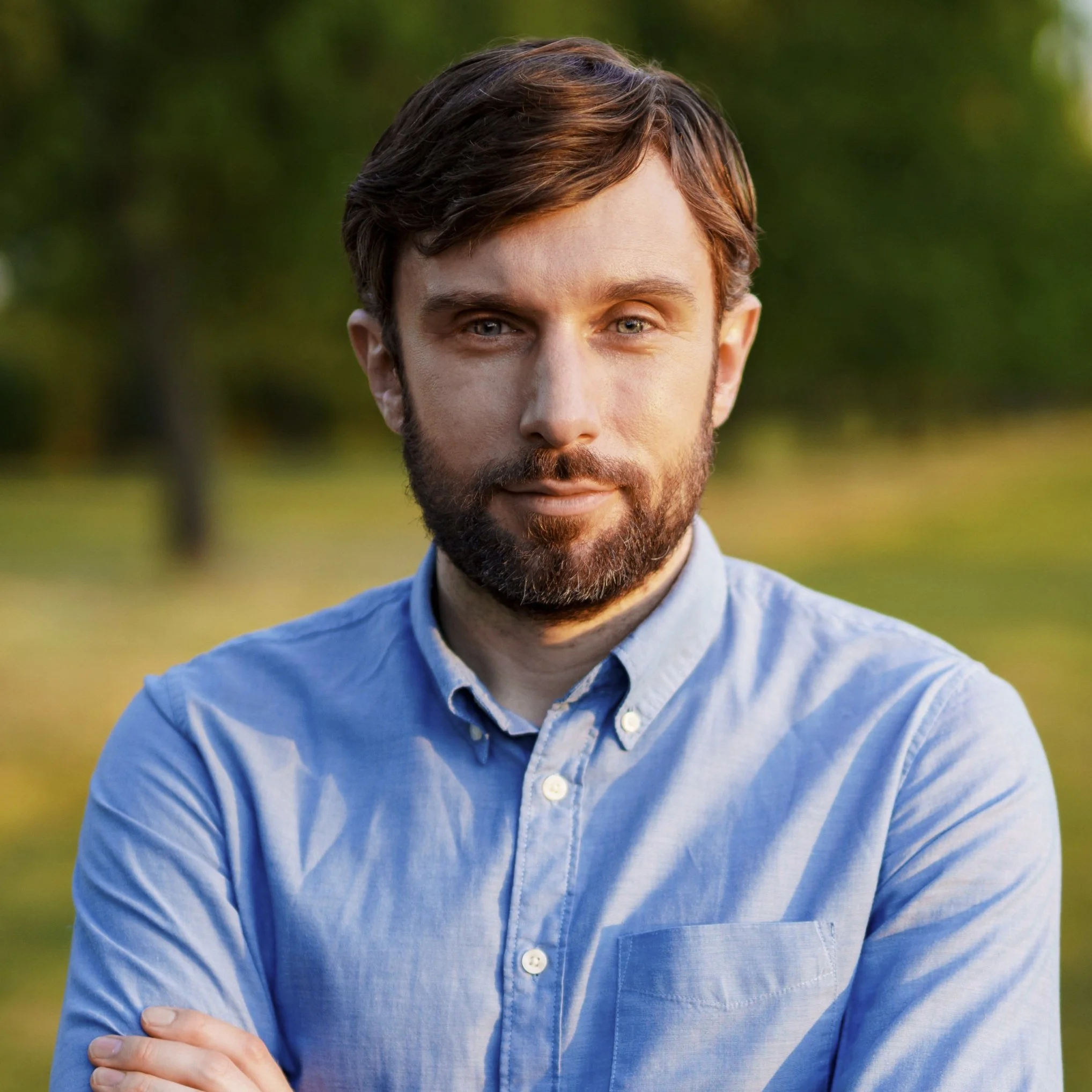Methuselah and Lazarus: The end of sickness and death?
The World Forum on the Future of Democracy, Tech and Humankind, 19th–20th February 2024, Berlin
Dr. Andrew Steele
Scientist and author of Ageless: The new science of getting older without getting old
Dr. Anders Sandberg
Senior research fellow, Future of Humanity Institute, University of Oxford
-
Ageing is the most pressing moral problem of our time, and increased funding for research would allow us to develop preventative medicines for the world’s biggest killers.
-
-Biologically speaking, ageing is responsible for the leading killers in the modern world, from cancer to dementia. This means, overall, it is responsible for 70% of deaths worldwide, and 90% of deaths in rich countries.
-Ideas for preventative treatments to slow down the ageing process are proliferating, from government-funded science to biotech companies and individual biohackers.
-The idea of treating ageing throws up many ethical concerns, and these warrant deeper consideration by everyone from philosophers to policymakers.
-
‘Methuselah and Lazarus: The end of sickness and death’ is a bold title for a panel discussion, and it convened two ageing experts to share their thoughts on the cutting-edge advancements in modern science that hold the promise of combating ageing and extending human lifespan. The panel was composed of Dr. Andrew Steele, biologist and author of Ageless: The new science of getting older without getting old, and Dr. Anders Sandberg, ethicist, futurist and Senior Research Fellow at the Future of Humanity Institute.
Steele’s opening remarks set the tone for the session, emphasising the significance and relevance of the topic, and he promised that the audience would leave no longer considering longevity science to be mere science fiction. He explained how he came to the field through a recognition of the urgency of addressing ageing, and highlighted the human health and mortality costs of the world’s deadliest biological process. But Steele's keynote also provided hope: our newfound understanding of the so-called ‘hallmarks’ of ageing, and the promising developments addressing these such as senolytic drugs, that can tackle them, offering a tantalising glimpse into a not-too-distant future where medicines exist to slow down the ageing process.
Dr. Sandberg then shared his experiences from Vitalia in Honduras, where he met company founders and biohackers trying to bring longevity to the masses, or try out bleeding-edge therapies themselves, including one man who was trying to boost his own muscle mass with a follistatin gene therapy.
The panel then pivoted to an exploration of the ethical implications of longevity treatments, including concerns about equality of access and the demographic, political and philosophical ramifications of longer lives. Both Steele and Sandberg concluded that many of these ethical issues are not as significant as they can at first sound and, in many cases, already need to be solved with current human lifespans. Moreover, even thorny ethical issues might be considered nice problems to have if they were caused by dramatic reductions in incidence of diseases like cancer and dementia.
As the conversation unfolded, Steele and Sandberg explored some promising avenues in ageing research, such as rapamycin, metformin, gene therapy and stem cells. They closed with some discussion of how science and technology could help us with infectious diseases, and drew parallels between the challenges of addressing bacterial and viral illnesses and combating ageing, speculating that a world without ageing will one day seem as natural to us as a world without smallpox seems today.


